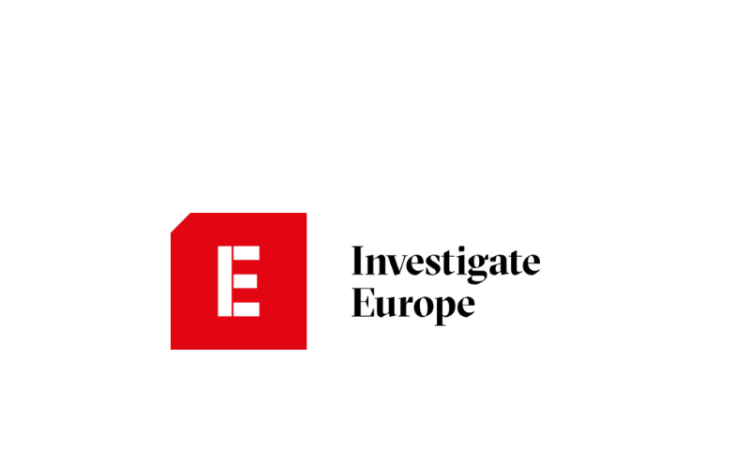
The sentence was merely “a clarification that is not intended to establish any new rights of interference in journalistic freedoms,” a spokesperson for Claudia Roth, Germany’s Media Minister, said in June.
If that were correct, however, the additional paragraph would make no sense. In fact, it is not true. According to the current EU Treaty, the safeguarding of national security is the sole responsibility of the nation states. However, the European Court of Justice (ECJ) has repeatedly ruled that invoking this principle does not justify breaking EU laws.
In October 2020, for example, ECJ judges prohibited French authorities from forcing internet providers to retain all customer data independent of specific investigations in violation of the EU directive on data protection in electronic communication. “The mere fact that a national measure has been taken to protect national security cannot exempt the member states from the necessary compliance with EU law.”
Because of this defeat, sources in the Commission say, the French government and its fellow campaigners could rely on the national security exemption in the EMFA so that national courts do not refer possible disputes to the ECJ for a ruling. As a result they could decide on their own when the protection of journalists from spying may undermine national security. If so, they may set aside the prohibition to conduct surveillance of journalists.
France has led calls for an exemption from the start of the EMFA project, as council documents show. As early as 21 October 2022, the government advocated for an “explicit exclusion clause” for the entire law if national security were to be affected.
Whether the French government prevails depends on the outcome of the upcoming trilogue negotiations. If no agreement is found, the law could fail and media freedoms throughout Europe would remain under attack. If the council hard-liners get their way, the law could contain a dangerous loophole endangering journalists in many countries. But if a compromise is reached, the law would set important minimum standards for press freedom such as the independence of public television from the state and the protection of editorial decisions from external interference.
A source close to the negotiations said the parliament could ultimately accept if member states define a precise list of crimes for which surveillance of journalists could be authorised. But the withdrawal of the broad derogation on the ground of national security remains their “red line”.
To overcome the gridlock between the two sides the German government launched a last-minute effort to save the law. “Minister of State for Media Claudia Roth has succeeded in getting the Federal Government and the federal states to refrain from explicitly mentioning “national security” in the EMFA,” said her spokesperson. The official German position now proposes the following wording for the corresponding paragraph: “This Article is without prejudice to the Member States’ responsibility for safeguarding the areas for which they are solely responsible”.
Whether this will actually solve the problem, even if it is approved by the parliament and council, will likely be decided only by the courts.
Alexander Fanta is a journalist at Follow the Money. Ariane Lavrilleux is a reporter for Disclose.
Editor: Chris Matthews
Illustration: Konstantina Maltepioti/Reporters United






